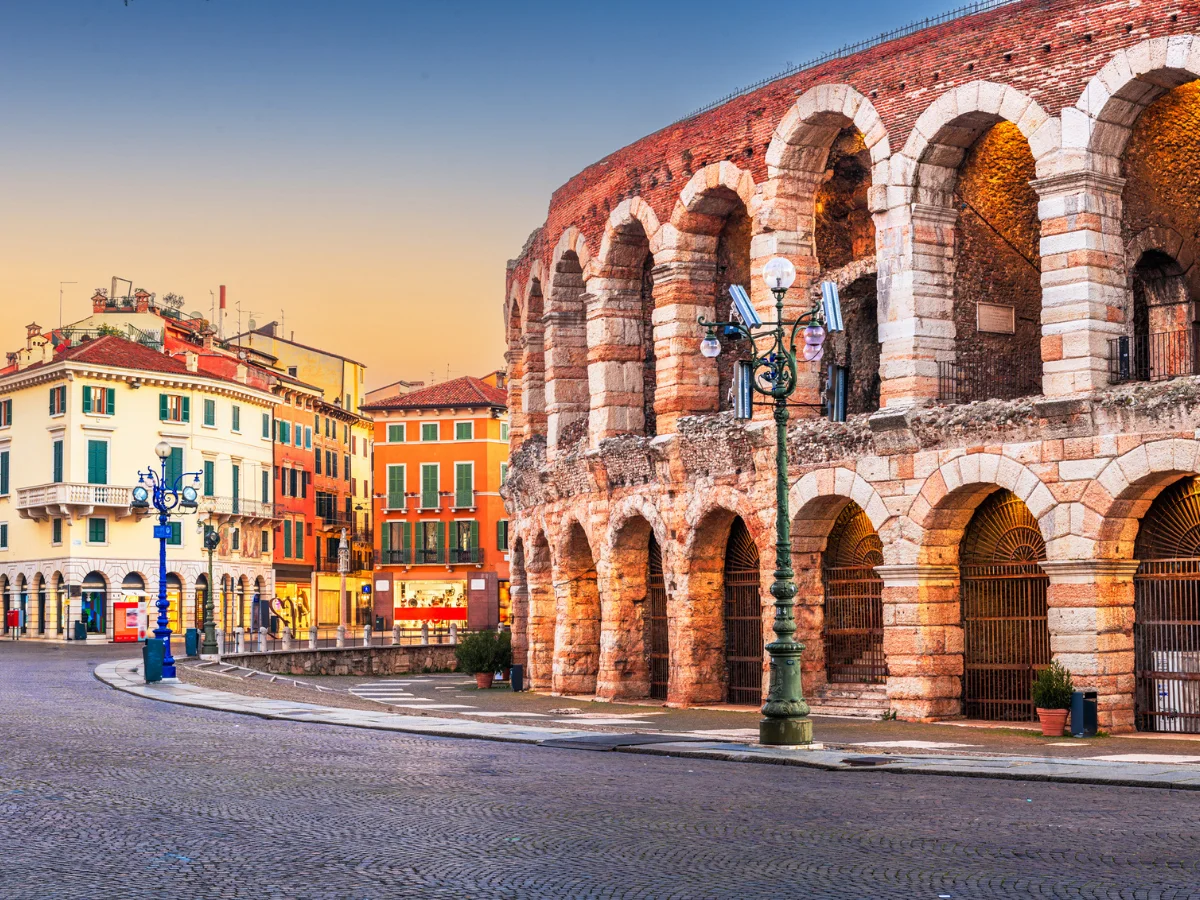The Roman adoption of the Phalanx formation
The Roman adoption of the Phalanx formation showcased their tactical flexibility. Inspired by Greek military tactics, Romans integrated the Phalanx into their strategies. This formation, characterized by tightly packed ranks of soldiers, bolstered their defensive capabilities. Soldiers maintained discipline, following centurions’ commands closely. Romans adapted the Phalanx to suit their specific needs and battlefield conditions. It could be deployed alongside other formations, adding versatility to their tactics. This fusion of Greek and Roman traditions exemplified the Romans’ pragmatic approach to warfare.

The Roman adoption of the Phalanx formation
The Roman military, known for its adaptability, drew inspiration from Greek tactics, including the formidable Phalanx formation.
Incorporating Greek Tactics
The Romans recognized the effectiveness of the Phalanx, characterized by tightly packed ranks of soldiers with overlapping shields.
Tactical Advantage
By adopting the Phalanx, Romans enhanced their defensive capabilities, presenting a solid wall of shields against enemy advances.
Formation and Discipline
Soldiers in the Phalanx formation maintained strict discipline, moving and fighting as a cohesive unit under the command of their centurions.
Adaptation to Roman Needs
While embracing the Phalanx, Romans modified the formation to suit their own military objectives and battlefield conditions.
Flexibility in Deployment
The Roman Phalanx could be deployed alongside other formations, providing versatility in tactics and strategy.
Combining Strengths
By blending Greek and Roman military traditions, the Phalanx became a vital component of the Roman army’s arsenal.
Legacy of the Phalanx
The adoption of the Phalanx reflected the Romans’ willingness to learn from other cultures and their pragmatic approach to warfare.
Conclusion
Incorporating the Phalanx into their military repertoire, the Romans demonstrated their ability to adapt and innovate, contributing to their prowess on the battlefield and their lasting legacy in military history.



